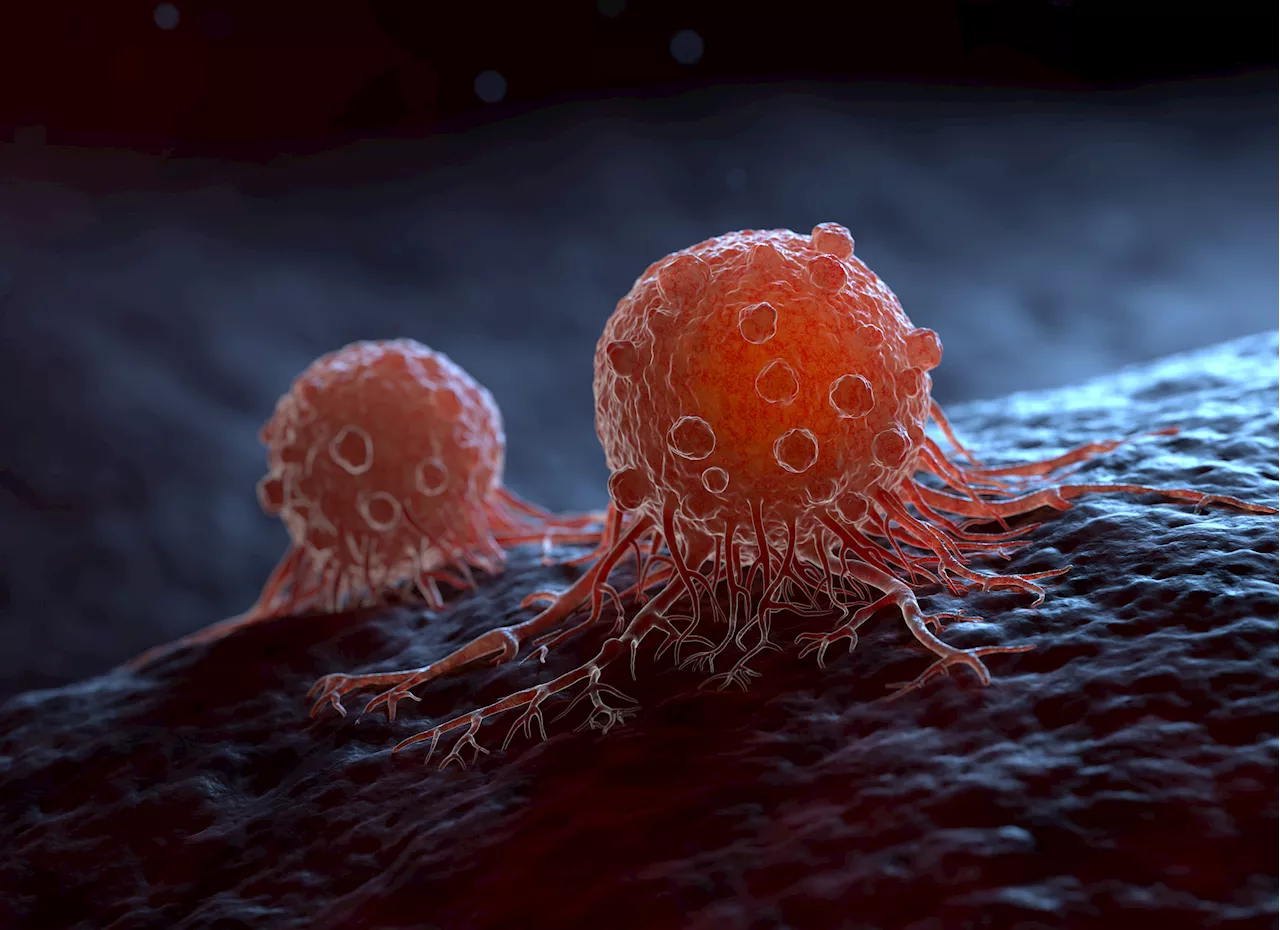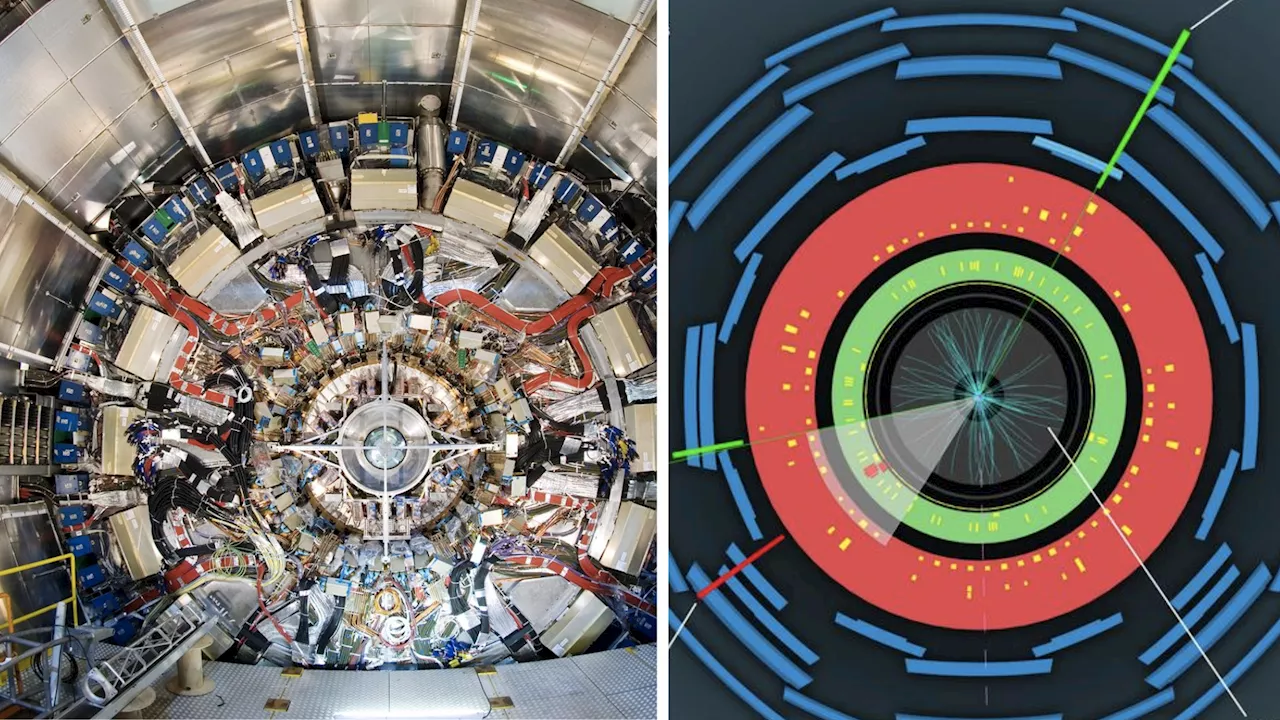Scientists have demonstrated that skin conductance can help measure our core emotions. It's only a matter of time before EDA sensors on wearables implement it.
Over the past few years, the wearable segment has seen rapid advancement. We now have smartwatches capable of everything from ECG and blood pressure analysis to sleep apnea detection and stress monitoring. One day, they could gauge our emotions, too.
“When people feel different things, the electrical properties of their skin change drastically due to perspiration, with signals showing up within one to three seconds of the original stimulus,” the team explains. The variations in skin conductance were measured using probes attached to their fingers.
Do keep in mind that the human emotional spectrum is much wider than just fear, sadness, and fun, so there’s that uncharted scientific territory left unexplored, as well. However, the researchers note that the skin conductance data could prove useful in making “ statistically significant predictions of whether a subject was experiencing fear or feeling the warmth of a family bond.”
United States Latest News, United States Headlines
Similar News:You can also read news stories similar to this one that we have collected from other news sources.
 Mission: Impossible has a new title, new release date, and new, crazy stuntsTom Cruise takes on even bigger stunts in Mission: Impossible—The Final Reckoning, which premieres May 23, 2025.
Mission: Impossible has a new title, new release date, and new, crazy stuntsTom Cruise takes on even bigger stunts in Mission: Impossible—The Final Reckoning, which premieres May 23, 2025.
Read more »
 Scientists found a new way to make cancer cells self-destructA group of researchers say they have found a way to self-destruct cancer cells by binding two proteins together.
Scientists found a new way to make cancer cells self-destructA group of researchers say they have found a way to self-destruct cancer cells by binding two proteins together.
Read more »
 CERN scientists to explore interactions between Higgs bosons to unlock new physicsDiscovered at CERN’s Large Hadron Collider (LHC) in 2012, the elusive Higgs boson particle has been at the centre stage for exploring new possibilities in particle physics. Scientists are trying to combine more precise measurements of the properties of Higgs boson with further searches for ‘new physics’.
CERN scientists to explore interactions between Higgs bosons to unlock new physicsDiscovered at CERN’s Large Hadron Collider (LHC) in 2012, the elusive Higgs boson particle has been at the centre stage for exploring new possibilities in particle physics. Scientists are trying to combine more precise measurements of the properties of Higgs boson with further searches for ‘new physics’.
Read more »
 Global carbon emissions reach new record high in 2024, with no end in sight, scientists sayBen Turner is a U.K. based staff writer at Live Science. He covers physics and astronomy, among other topics like tech and climate change. He graduated from University College London with a degree in particle physics before training as a journalist.
Global carbon emissions reach new record high in 2024, with no end in sight, scientists sayBen Turner is a U.K. based staff writer at Live Science. He covers physics and astronomy, among other topics like tech and climate change. He graduated from University College London with a degree in particle physics before training as a journalist.
Read more »
 Scientists Have Pushed the Schrödinger’s Cat Paradox to New LimitsA research team in China has held atoms in a state of quantum superposition for 23 minutes, suggesting tantalizing new possibilities in research and quantum computing.
Scientists Have Pushed the Schrödinger’s Cat Paradox to New LimitsA research team in China has held atoms in a state of quantum superposition for 23 minutes, suggesting tantalizing new possibilities in research and quantum computing.
Read more »
 Scientists find a new way of entangling light and soundFor a wide variety of emerging quantum technologies, such as secure quantum communications and quantum computing, quantum entanglement is a prerequisite. Scientists have now demonstrated a particularly efficient way in which photons can be entangled with acoustic phonons.
Scientists find a new way of entangling light and soundFor a wide variety of emerging quantum technologies, such as secure quantum communications and quantum computing, quantum entanglement is a prerequisite. Scientists have now demonstrated a particularly efficient way in which photons can be entangled with acoustic phonons.
Read more »
